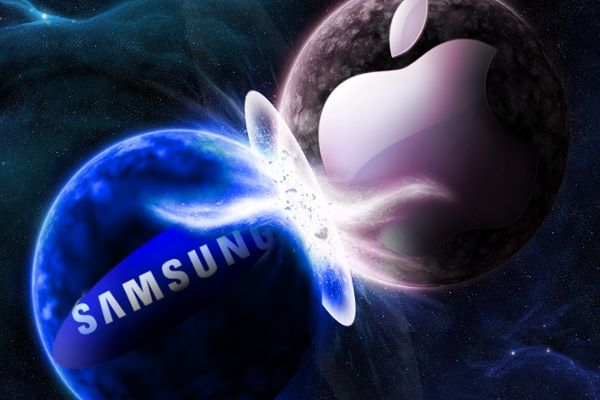Korean Antitrust Watchdog Sides With Samsung Against Apple
A South Korean antitrust watchdog has rejected Apple’s claims that Samsung’s counter-patent suit against the U.S. firm violates the country’s fair competition rules.
Apple lawyers claimed that Samsung’s litigation concerning its SEPs (standard-essential patents) for 3G wireless technology was an act designed to abuse its dominant position in the marketplace — amounting to a violation of fair competition rules.
“What’s important is how sincerely the two companies tried to resolve the patent dispute, but it is difficult to believe that Apple was sincere in negotiating with Samsung to iron out their differences,” an unnamed official from the Korea Fair Trade Commission said. “Therefore, we don’t think Samsung unfairly used the lawsuit to hinder Apple’s business activities.”
The KFTC had been investigating this matter since the summer of 2012 after a complaint lodged by Apple in April 2012.
In a follow-up post by FOSS Patents’ Florian Müllerr, the patent and copyright lobbyist argues that the KFTC’s rejection of Apple’s complaint stands in stark contrast to identical investigations carried out by competition watchdog agencies in other countries — such as the U.S. Department of Justice and the EU’s European Commission, which have both voiced concerns related to Samsung’s use of FRAND patents for reasons of litigation.
Müllerr goes on to suggest that the KFTC’s decision is the result of the U.S. and EU taking a soft line on SEP issues and cites the South Korean antitrust watchdog’s 2009 suggestion that Samsung doesn’t have monopoly power because “more than 50 companies hold over 15,000 SEPs relating to 3G wireless communication (UMTS/WCDMA) technology.”
However, as he points out this makes little sense because any one genuinely essential SEP can be enough to force someone out of the market.
“If Apple didn’t need a license to Samsung’s 3G SEPs on FRAND terms because it could, as it has, secure a license to, for example, Ericsson’s SEPs reading on the same standard, then Samsung wouldn’t have essential-facility power. But that’s simply not the case. I don’t think this reasoning is going to be adopted by any antitrust regulator anywhere else in the world anytime soon. Other regulators may well agree that “essential facility” theories aren’t the best vehicle to address SEP abuse, but the existence of non-interchangeable SEPs held by other companies is not a reasonable basis to let SEP holders go ahead and pursue injunctive relief.”
The KFTC also noted that Apple was first to file a patent lawsuit against Samsung and is therefore responsible for a litigious “negotiation atmosphere.”
But Müllerr points out that Apple filed suit against Samsung for non-SEPs, which should be handled differently than standard-essential properties.
- SourceKorean Times



